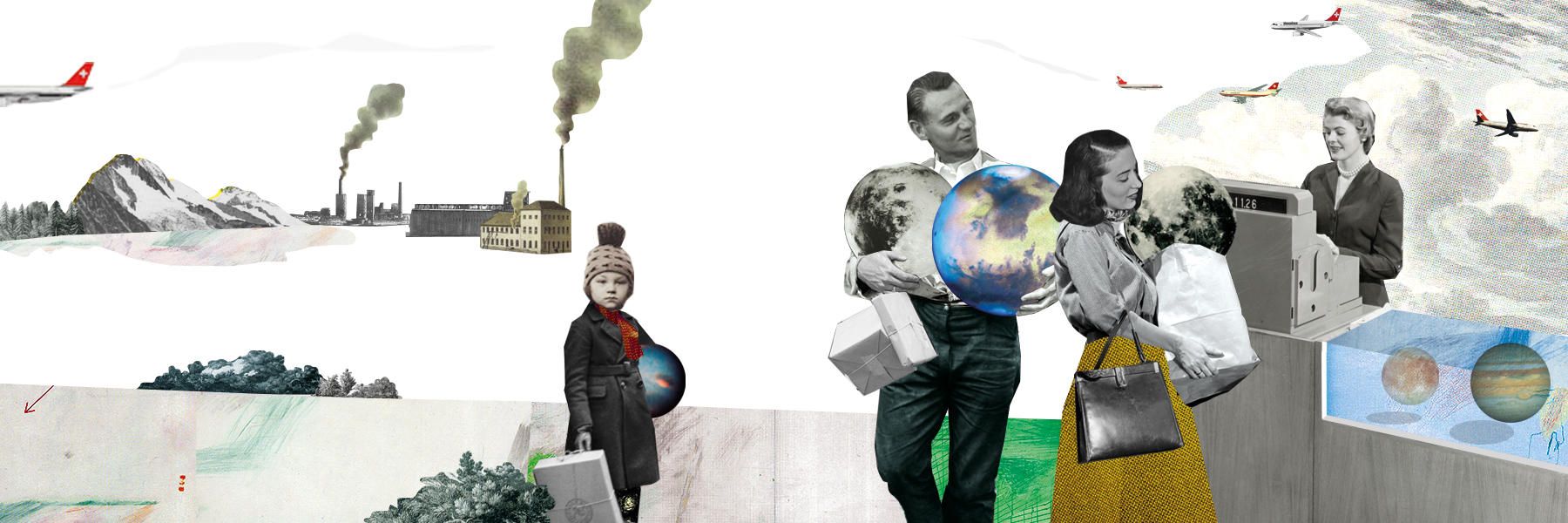
Switzerland has overshot its 2021 resource limit, study says

By May 11, Swiss residents had already consumed their theoretical annual “quota” of renewable natural resources.
This is according to the Global Footprint Network, an ecological think-tank based in the US, which calculates the dates at which national populations have consumed more resources than nature can regenerate in a single year.
The first country this year to overshoot the mark was Qatar, on February 9; Sao Tome and Principe is expected to reach its limit on December 27. By reaching its limit on May 11, Switzerland is within a week of Germany, France, Italy, Japan, and New Zealand reaching their overshoot day.
Last year, Switzerland’s day fell a bit earlier, on May 8. The Global Footprint Network said it was still too difficult to say whether or how much the Covid-19 pandemic, and related restrictions, played a part in this year’s results.
According to the study methodology, “the Ecological Footprint is derived by tracking how much biologically productive area it takes to provide for all the competing demands of people”. A country’s imports and exports are also factored into the final calculation.

More
Swiss CO2 emissions: Small country, big footprint
The Network has not said when the global average overshoot day is set to fall in 2021. Last year, it was on August 22. The date has been creeping steadily backwards: in 1970 it fell in December but by 2000 it had regressed to September.
On June 13, Swiss voters will have their say on a new CO2 law ratified by parliament last year, which foresees various new rules on sustainability, including levies on fuel, taxes on airline tickets, and stricter standards for buildings.
The law, which is a key component of the country’s larger long-term climate strategy, was challenged to a referendum by an interparty committee representing economic sectors, including the petrol industry, transport and aviation, and construction.
Almost all political parties, as well as other segments of the economy, are in favour of the CO2 law, while initial polls have – so far – indicated broad public support.

More
Swiss climate strategy to be decided at the ballot box

In compliance with the JTI standards
More: SWI swissinfo.ch certified by the Journalism Trust Initiative




























You can find an overview of ongoing debates with our journalists here . Please join us!
If you want to start a conversation about a topic raised in this article or want to report factual errors, email us at english@swissinfo.ch.